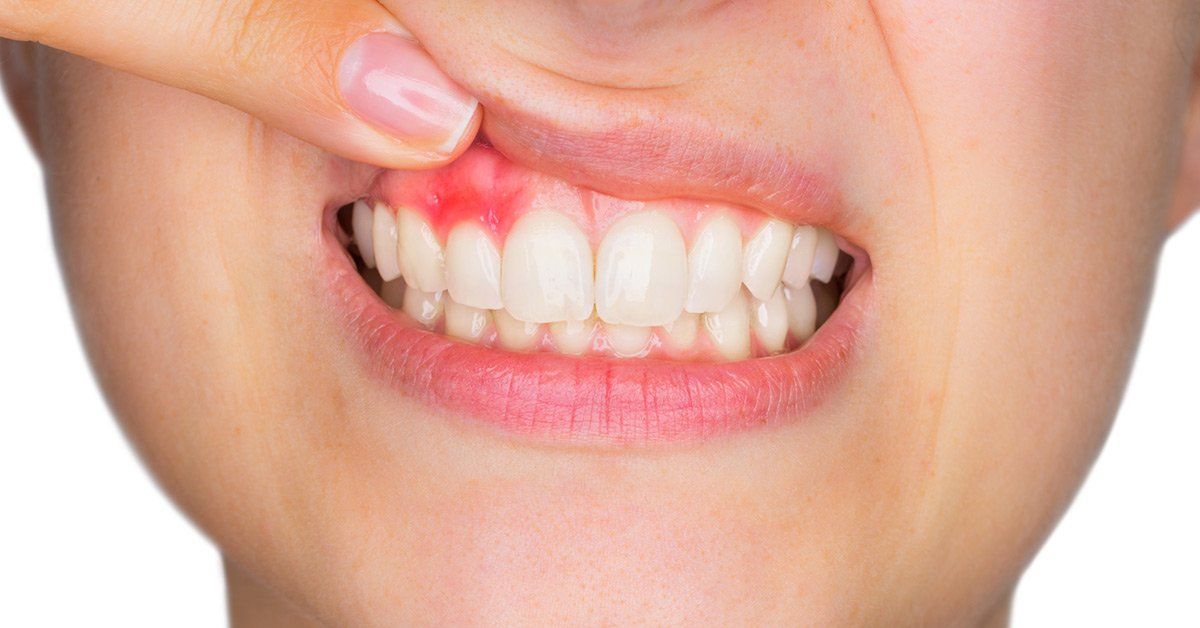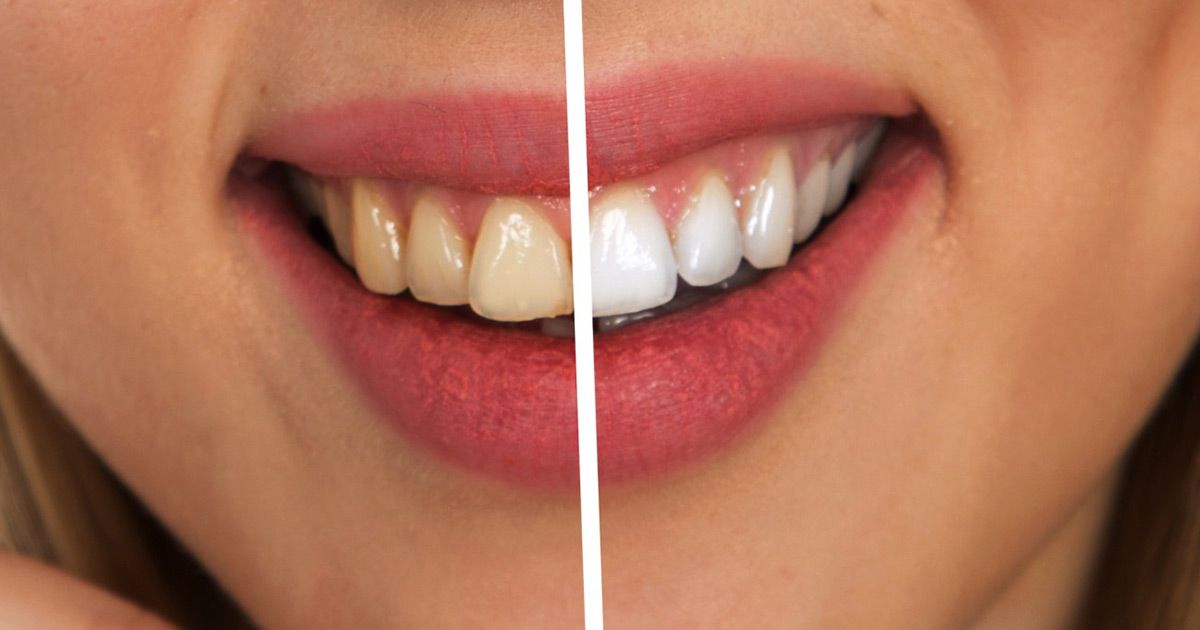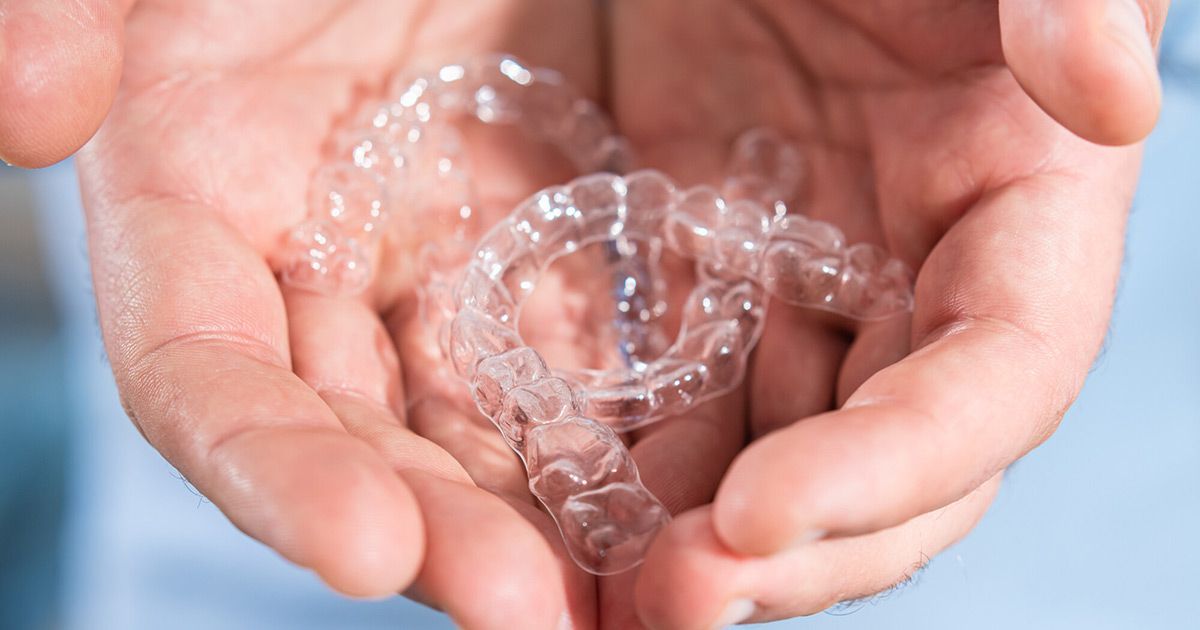New Patients Welcome
How to Reverse Gingivitis: The Ultimate Guide
When it comes to treating gingivitis, there are several things you need to understand. This guide will teach you how to reverse gingivitis.
Did you know that 47.2% of all people who are 30 years old or older suffer from a form of gum disease? Beyond that, as people age, the risk of developing some form of gum disease such as gingivitis increases.
Gingivitis is no laughing matter, since as it progresses, it can be seriously damaging to your teeth and your health in general. However, if you already suffer from this condition, you may be wondering how to reverse gingivitis. While it's easier to prevent gingivitis than treat it, there are still several treatment options available.
In this article, we'll explore what exactly gingivitis is, the causes of gingivitis, prevention, and, of course, gingivitis treatment. With this information, you can be sure that your gums and your teeth will remain healthy for a long time to come.
To start our discussion, let's take a closer look at what gingivitis is and why it occurs.
What Is Gingivitis?
Gingivitis is a form of gum disease which is also known as periodontal disease. Its name refers to the inflammation of the gums or gingiva. While gingivitis in its early stages may not be very bothersome, it can become a serious problem as it progresses and can even lead to the loss of teeth.
More often than not, gingivitis occurs because you are ignoring regular oral hygiene. Since your teeth and gums are not being cleaned, harmful bacteria and plaque have the opportunity to build up in your mouth and cause inflammation. There are two main types of gingivitis: dental gingival disease induced by plaque and non-plaque induced gingival lesions.
In the first case, as the name suggests, plaque is the main cause of this type of gingivitis. However, in some cases, it may also be caused by malnutrition and certain medications.
On the other hand, the non-plaque induced gingival lesions have nothing to do with plaque but rather bacteria. These lesions may also be caused by viruses or fungi, as well as certain medical conditions. In other cases, there may be no clear cause.
So, what are the most common signs of gingivitis that you would be able to recognize?
The Signs of Gingivitis
You don't necessarily need to visit a Methuen MA dentist to know that you have gingivitis. There are a few clear signs that you can look for on your own. You can try comparing your gums to healthy gums which should be pink and firm.
On the other hand, gums affected by gingivitis are usually some shade of red. This red may be bright or it may be on the darker side. Instead of the gums being firm, they will be unusually puffy and tender.
When you brush your teeth, your gums may start to bleed. Even after you brush your teeth, you may still suffer from bad breath. If you closely examine the area where your teeth meet your gums, you may also notice your gums starting to recede.
If you discover any of these signs, it's best to set up an appointment with your dentist as soon as possible so you can get started on treating your gingivitis. If you wait, your gingivitis could quickly turn into periodontitis, which is a serious condition and lead to the loss of your teeth.
It is also important to know that gingivitis may play a part in the development of more serious health conditions. Some of these conditions include coronary artery disease, respiratory disease, and even rheumatoid arthritis. By taking care of your gingivitis right away, you can be sure that you're keeping your best interests at heart.
How to Reverse Gingivitis
The best dentist in Methuen, MA, can help reverse your gingivitis in several ways.
Since gingivitis is often caused by a buildup of plaque, your dentist will be able to remove much of that plaque and tarter. This is known in the dental field as scaling. Depending on the severity of your teeth and gums, this scaling may cause you some discomfort.
This is especially true if you have a large amount of plaque built up on your teeth.
What You Can Do About Your Gingivitis
You now know all about what gingivitis is, what causes it, its symptoms, and how to reverse gingivitis. With the help of a good dentist in 01833, as well as your own dental hygiene practices, you can be proud of your healthy teeth and gums.
To learn more,
contact us here.
Monday | 1pm-7pm
Tuesday | 9am-5pm
Wednesday | 9:30am-5pm
Thursday | 8:30am-5pm
Friday | 8:30am-5pm Saturdays | 9am-1pm
every other Saturday from September through June
All Rights Reserved | Georgetown Family Dentistry





